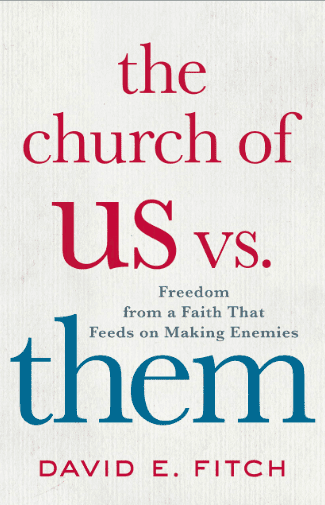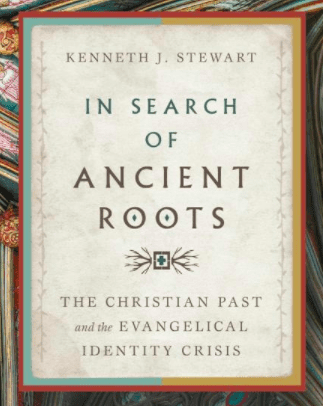David Fitch, in his new book, The End of Evangelicalism? Discerning a New Faithfulness for Mission: Towards an Evangelical Political Theology (Theopolitical Visions), thinks evangelicalism’s influence is more or less over, that it needs to reexamine itself, and that it needs to rediscover what it could be in our world.
 Here are the problems for evangelicalism today according to David Fitch:
Here are the problems for evangelicalism today according to David Fitch:
1. Its presence in American politics has declined precipitously.
2. It’s cultural influence has fallen on hard times.
3. Popular perception of evangelicals has turned for the worse.
4. There is lots of internal criticism of itself.
What are evangelicals trying to do in response? Some say return to a purer form; others propose getting beyond it into post-evangelicalism; others push for a more socially just evangelicalism; others draw up manifestos; some call us back to the ancient faith.
David Fitch proposes we examine evangelicalism as an ideology: “a set of beliefs and practices that bind a people together into a functioning community” (8). We need to ask what kind of people this kind of evangelicalism is producing, and ask if the people it is producing is faithful to its beliefs.
His theory is that its major three ideas (inerrant Bible, decision for Christ, and Christian Nation) were changed into de-personalized concepts, reified, and became a matter of political alliance that no longer spoke into a changing culture.
Each of these ideas was fashioned during modernity to respond to issues in modernity. Inerrancy out of the modernist fundamentalist debate; evangelism in the missionary movement; and activist stance as a response to the social gospel.
Here’s his view: “evangelicalism, in reaction to the modernist-fundamentalist controversies, pursued a strategy for survival via a defense based in the autonomous structures of modern reason and politics. In the process, we gave up the true core of our Christian politics — the person and work of Jesus Christ – and set ourselves up for a fall in essence becoming a form of ‘religious ideology'” (17).











